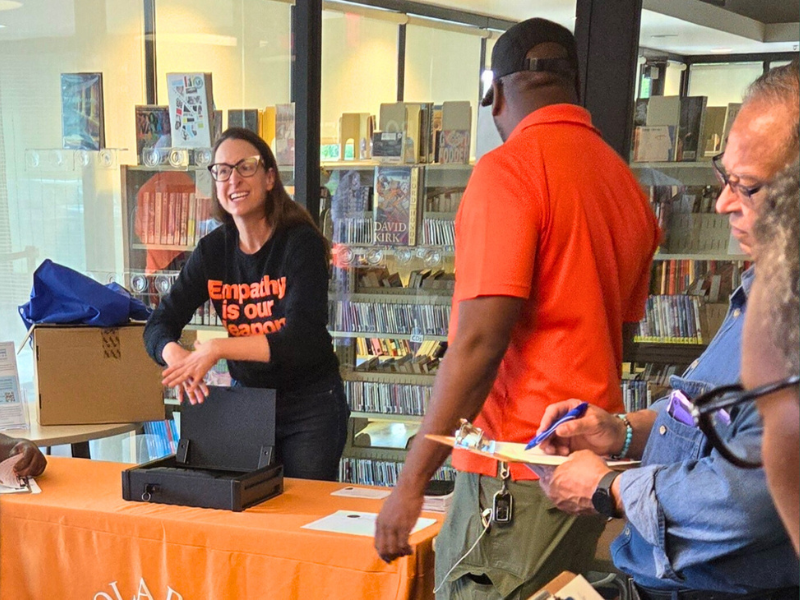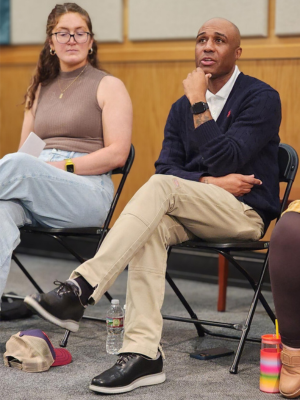Shaping the Future of Violence Prevention: VPI’s Expanding Commitment to Training and Mentorship
The Violence Prevention Institute (VPI) at Tulane University is doing more than conducting cutting-edge research. It’s building the next generation of leaders ready to address the root causes of violence.
Over the past year, VPI’s Training and Education (T&E) Core has expanded both the frequency and reach of its programs, blending rigorous academic learning with hands-on practice. Students, postdoctoral fellows, junior faculty, and community professionals alike have found a home for skill-building, mentorship, and collaboration.
“Our training programs are more than coursework. They are incubators for leadership,” said Katherine Theall, PhD, Executive Director of the Violence Prevention Institute. “By combining research excellence with mentorship and community connection, we are preparing the next generation to lead in violence prevention.”
Learning that Extends Beyond the Classroom
Three core courses in violence prevention enrolled more than 100 students this year, introducing them to the science, policy, and practice of preventing harm before it occurs. Weekly “Learning Collaboration” sessions provided an ongoing space for mentorship, peer exchange, and research skills development, while academic writing series and journal clubs helped participants sharpen their communication and analytical skills.
Supporting Scholars at Every Stage
VPI’s commitment to mentorship extends beyond students. Junior faculty and postdocs benefited from tailored grant and manuscript support, resulting in multiple prestigious awards, including the RWJF Health Equity Scholars designation and the Center for Clinical and Translation Science (CCTS) T32 Postdoctoral Fellowship. Students also thrived, contributing to 35 manuscripts and earning multiple abstract acceptances for conferences.
Training That Reaches Across Sectors
In 2024–2025, VPI hosted or supported 59 professional development sessions, engaging more than 1,450 participants from academic, public health, clinical, and community settings. Topics ranged from anti-racist research and community-engaged methods to firearm violence, youth participatory action research, and the structural determinants of health. Sessions were delivered in person, virtually, and in hybrid formats, totaling 56 hours of engagement across national conferences, university classrooms, public forums, and grassroots gatherings.
From its downtown New Orleans classrooms to national and international conference stages, VPI is demonstrating that training is more than a knowledge transfer. It cultivates the relationships, skills, and perspectives that make sustained violence prevention possible.
To learn more about VPI’s work, explore the 2024–2025 Annual Report.


